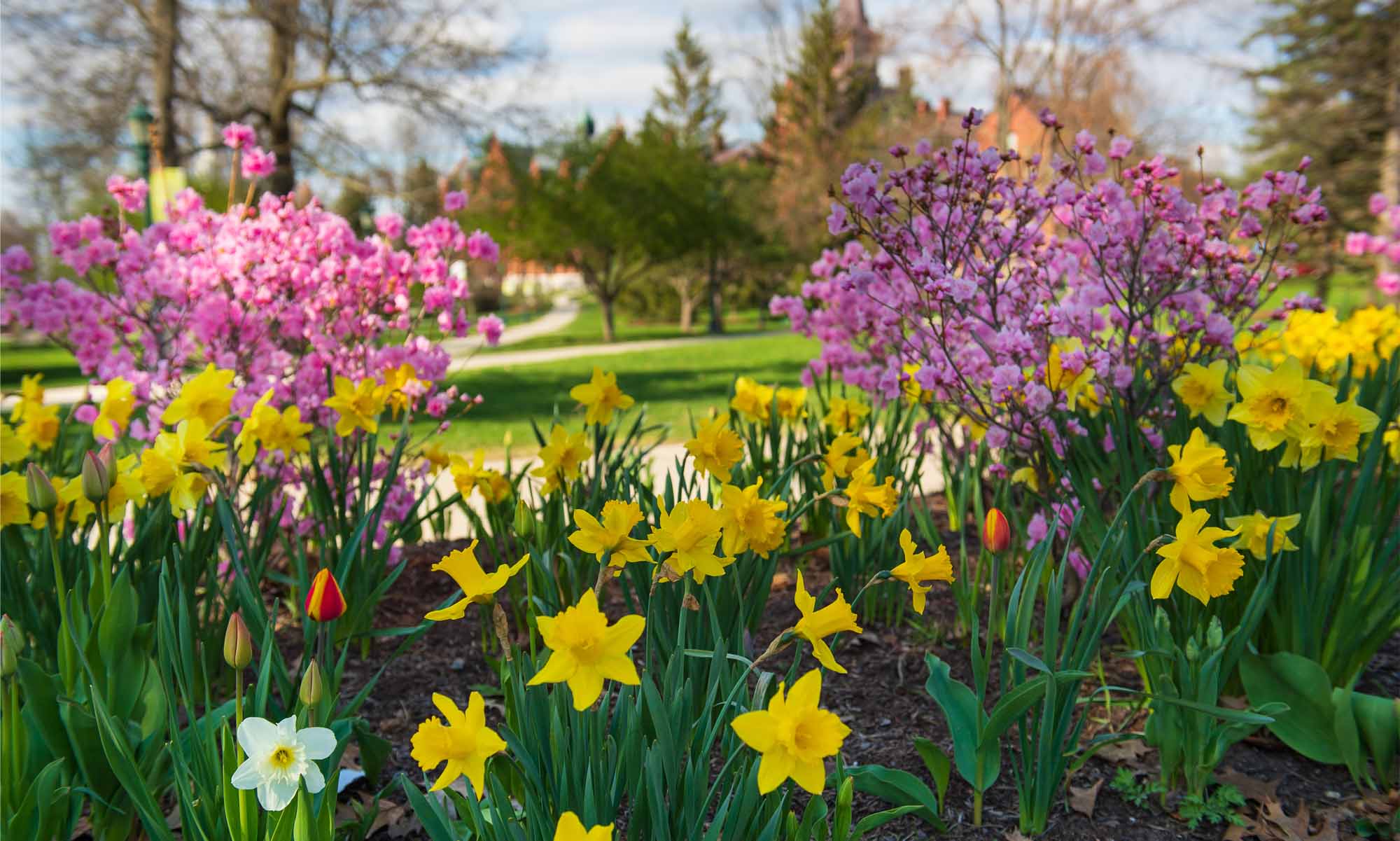
During August, 2021, Eric Bishop von Wettberg was awarded a subcontract for the New Roots for Restoration Biology Integration Institute (NRR-BII). The aim of this institute is to develop tools and training for students to examine the role of roots in regenerative agriculture and native habitat restoration. At UVM, Wettberg’s activities involve establishing a long-term intercropping trial of kernza, a perennial relative of wheat that can be used for baking and brewing, growing alongside alfalfa or clovers. Continue reading “Institute Funding Trains Students in Regenerative Agriculture”





